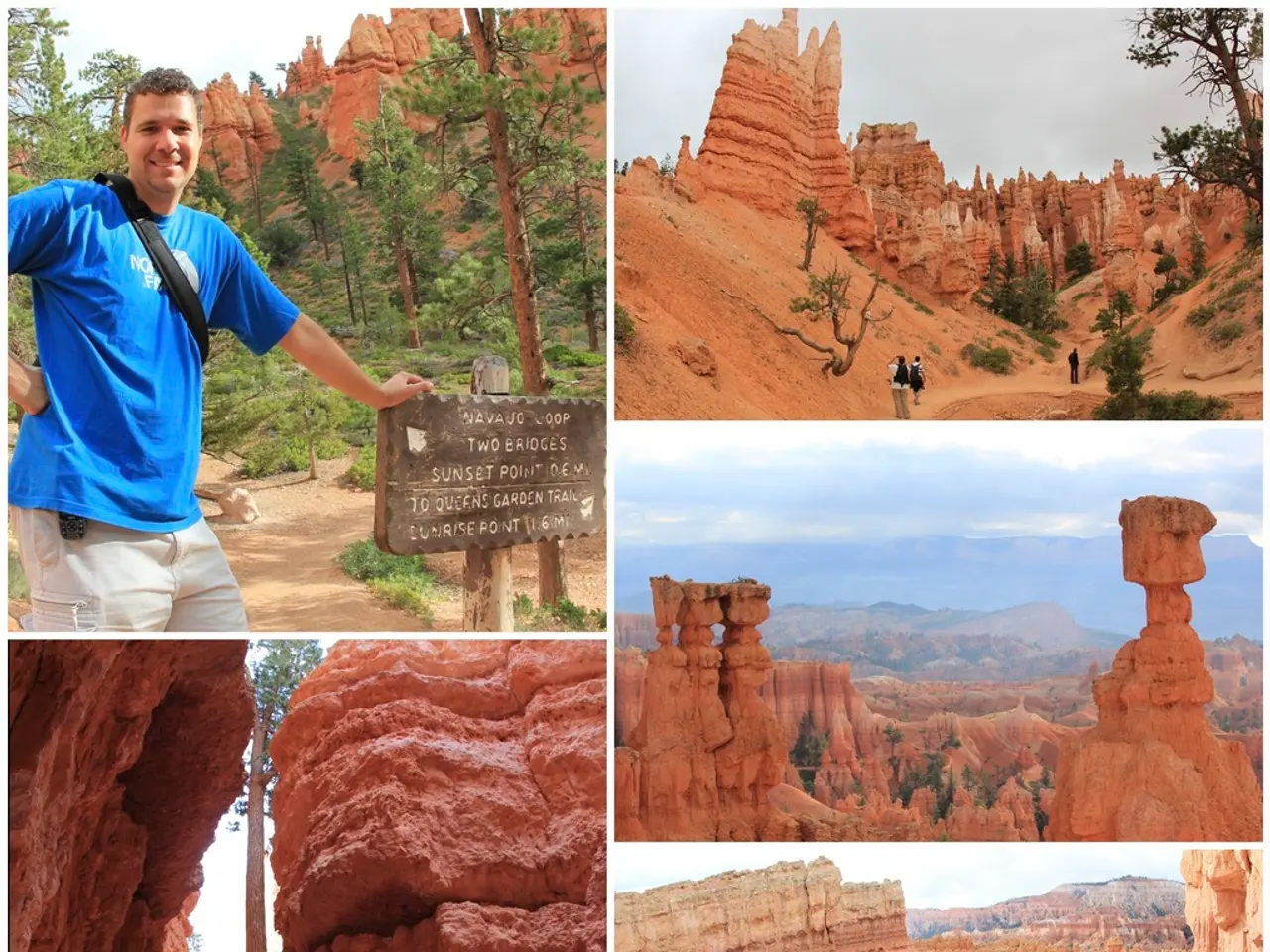Investigating the Influence of Local History Initiatives in Academia
In the realm of education, Community History Projects have emerged as a powerful tool for enriching the learning experience and fostering a deep connection between students and their local environments. However, these projects face challenges such as resource limitations, including insufficient funding, inadequate staffing, and technological constraints.
Fortunately, collaboration with local organizations and educational institutions provides valuable support and resources for Community History Projects. These partnerships can help bridge the gap in resources, offering workshops, training, and expertise in historical research methodologies provided by local universities, historical societies, and libraries.
The Culturally Relevant Pedagogy framework emphasizes the importance of local culture in education, creating an inclusive environment where all students see the relevance of their history. By incorporating local history into the curriculum, educators can foster a sense of pride and ownership among students, making learning more engaging and relatable.
The Project-Based Learning (PBL) model encourages students to explore real-world problems, fostering collaboration and critical thinking. This approach is particularly effective in Community History Projects, as students work together to research, analyse, and present local history in a meaningful way. The Inquiry-Based Learning framework further promotes student exploration through questions, research, and analysis, encouraging students to delve deeper into their local history.
Key practices for implementing successful community history projects in educational settings include engaging students in active, project-based learning that connects them meaningfully to their community’s history, fostering diverse learning modalities, and incorporating technology and public presentations to enhance relevance and impact.
Students can select historical themes relevant to their community, such as civil rights, immigration, or labor history, and create tangible outputs like digital exhibits, documentaries, or interviews with local elders or veterans. Results of projects can be shared in museum-style events, digital archives, public presentations, or community campaigns, ensuring projects reach beyond the classroom to a wider audience, including families and local stakeholders.
Incorporating inclusive and diverse teaching strategies, such as multiple learning modalities and small group discussions, helps accommodate varied learner needs and encourages active participation. The use of technology and archival sources, like multimedia, interactive timelines, and archival research, promotes deeper analysis and more dynamic storytelling of history.
Engaging with primary sources and perspective-taking fosters higher-order thinking and a nuanced understanding of history. Conducting interviews with community members preserves local history and strengthens community ties while teaching oral history methods.
The ongoing development of specialized training for educators will be crucial for the sustainability of Community History Projects for future generations. Educational frameworks such as the National Council for the Social Studies (NCSS) offer guidelines for integrating community history projects into the curriculum, ensuring their continued success and impact.
By combining these strategies—active, authentic projects; inclusive pedagogy; technological integration; and community interaction—educators can implement successful, meaningful community history projects that deepen student learning and community connection.
E-learning platforms can be utilized to extend the reach of Community History Projects, offering students access to complementary resources, additional research materials, and opportunities for collaboration with peers beyond their immediate locale. This integration of technology furthers the objective of bridging education and self-development, as students gain valuable skills in digital curation, multimedia production, and online collaboration.
Moreover, Community History Projects, when integrated with an e-learning platform, can serve as a bridge between traditional education and modern pedagogical practices. Such a platform can host interactive activities, online discussions, and that enable ongoing dialogue and reflections, thus fostering continuous education and self-development in the realm of history and community-based learning.




